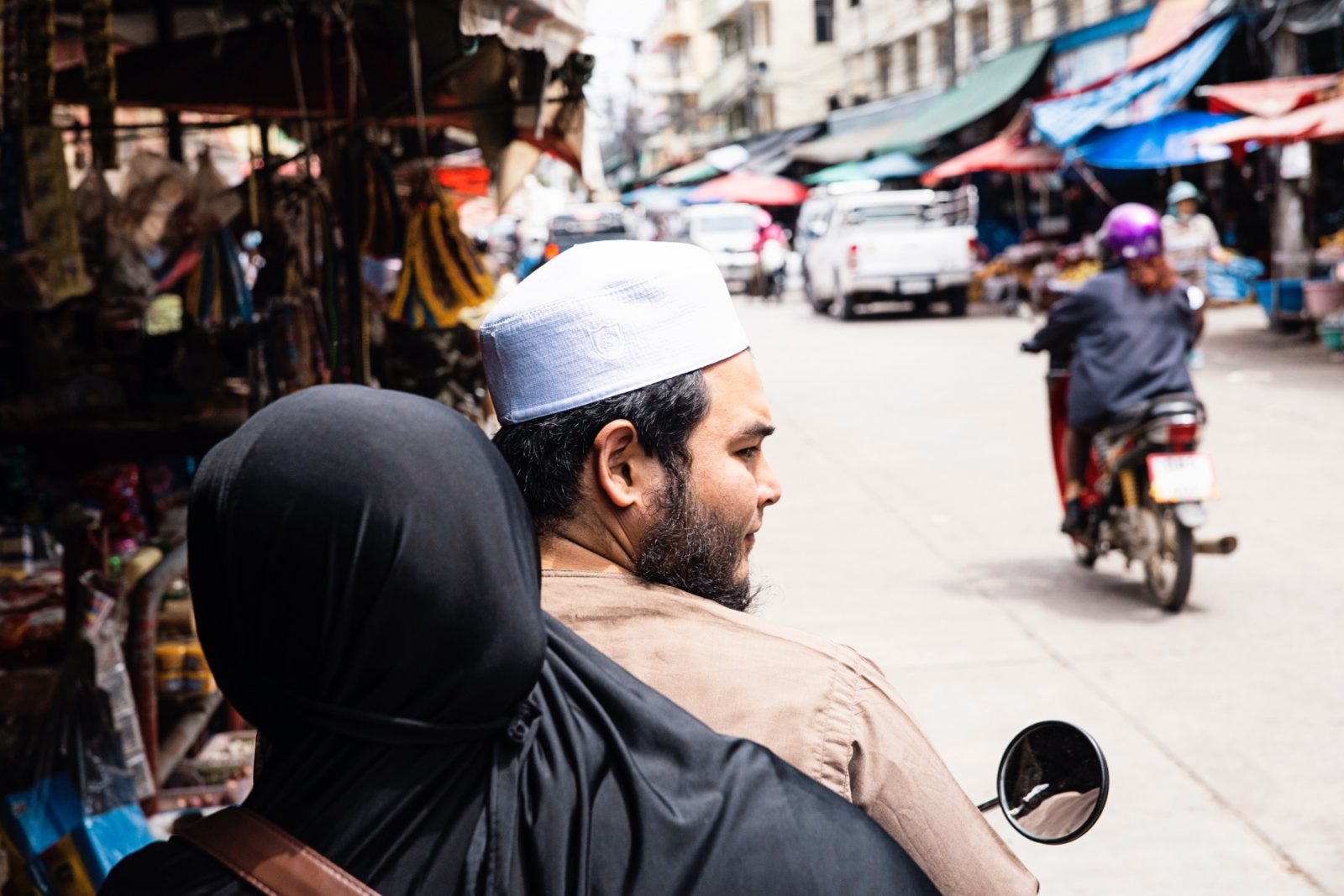Related
Finding Home in the City: Forms of Belonging and Identity in a Time of Constant Human Movement
Refugees, labour migrants, migrants from former colonies, second-generation migrants. All of these people inhabit Amsterdam and are thus Amsterdammers, right? What about those who have lived here for years, decades or generations? And what about those who have just made their entry into the city? Who do we consider residents of this city and which of those residents are (in)visible to most of us? When we speak of Amsterdammers, it seems as though not all of Amsterdam’s inhabitants can claim the city as their rightful home. In the latest edition of Are We Europe Magazine, seven articles shine light upon different manifestations of ‘Identity and Movement’. In this very first Are We Europe Meet-up, we will explore notions of home and belonging, which lie at at the intersection of movement and identity, answering the broader question of who belongs in the city and who – supposedly – doesn’t.
Context
In order to explore notions of home and belonging in the city, the program will be guided by two articles from Are We Europe’s latest magazine publication. As a result, the evening will revolve around two topics, or rather, three groups of people.
The first group is one of the most invisible groups with a migrational background in large cities like Paris and London, but also Amsterdam. They are the men and women who work long hours in small kitchens with backdoor entrances leading into dark alleyways. They are the people that form the bottom of the chain of command in Europe’s restaurants – small and big – often illegally. They are dishwashers. Author Tommaso Mellili dove into their world and attempted to uncover some of the realities and issues these dishwashers face. Recorded excerpts of the piece, read by Tommaso himself, will form the starting point for a discussion on labour migration into today’s cities and transnational identities that form among and within communities in Amsterdam. What if the place you live and work in, is not at all what you consider home?
The second article is written by Kevin Sachs, who explored the stigmatisation of two very visible groups, namely Jews and Muslims. He too recorded parts of his piece, which will initiate a discussion on the position of either group. In Amsterdam, both communities form a significant part of the population, yet their presence speaks to a level of judgement, framing and stereotyping which exceeds imaging regarding other groups in the city. How does the stigmatisation of either group result into tangible urban segregation and how can we compare the position of both communities from a historical perspective? How can one find a home in the city when the city rejects your presence?
In between the two panel discussions, anyone is very much invited to share personal stories and anecdotes, as well as creative or musical contributions that somehow relate to finding or searching a home in the city. If you already know you would like to contribute, please email julia@dezwijger.nl with your name and a short description of your contribution.

